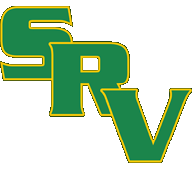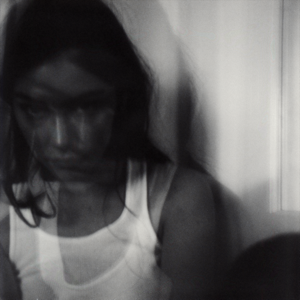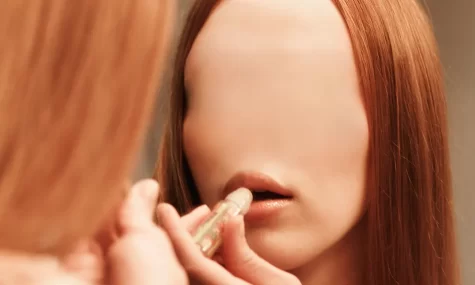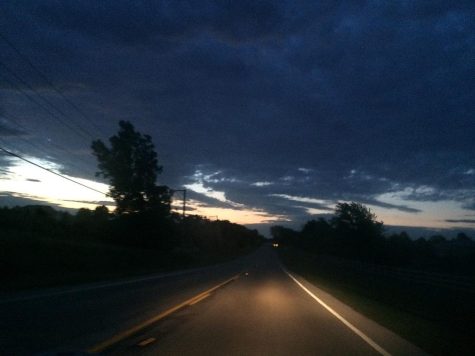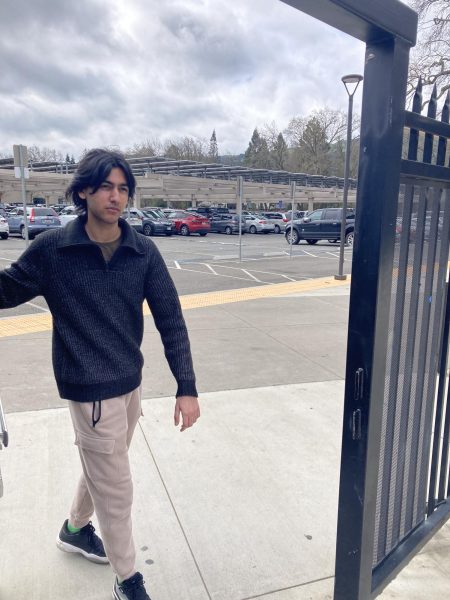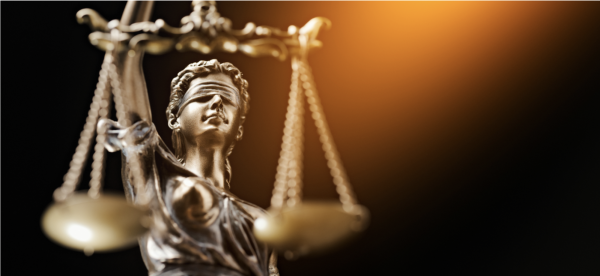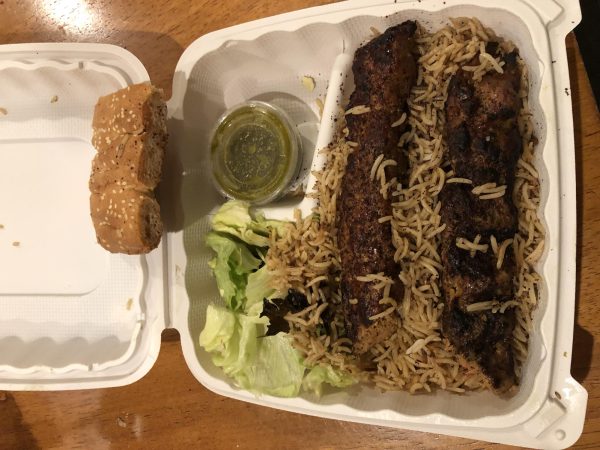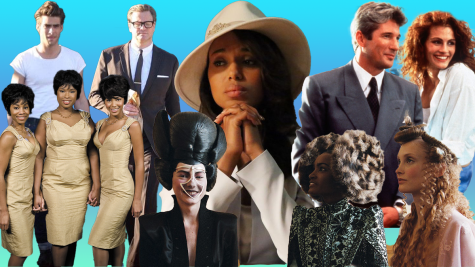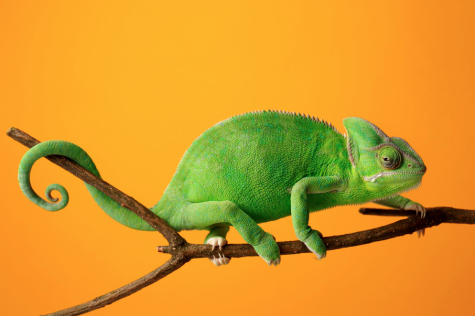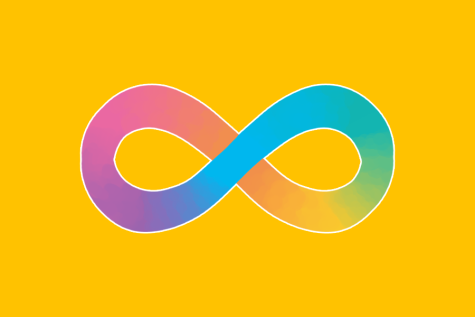Whitewashed
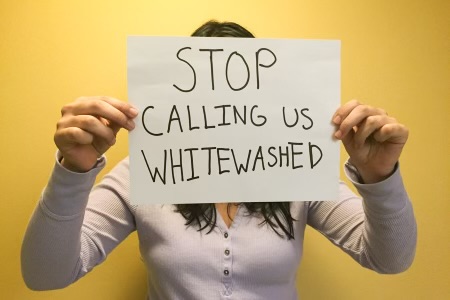
Photo illustration by Elizabeth Alvarado (The Seattle Gloablist)
You might have heard the term whitewashed before. It’s typically used as an insult against people of color or POCs to tell them that they are acting too white. But, how does one act too white? Straightening your hair, wearing clothes that are not clothes of your culture, not having an accent when you speak, and being ashamed of your culture are just a few examples of things considered “whitewashed.” Some people of color even call themselves whitewashed not to empower themselves, but rather to empower the white people around them. They give them the power to sit and laugh at them while they feel embarrassed about the skin they were born into. So they tear apart their own people; they call them smelly, ugly, and scammers for the comfort of the people around them. They cringe when they see their own culture and change the way their name is said to be more American; maybe they even give themselves a nickname that sounds less ethnic. They hear all the time that they are “whitewashed” and deep down it leaves a scar.
I would know.
When I first moved to Danville from Cupertino, I felt a major shift in my sense of pride for my culture due to the fact that in Cupertino, I was surrounded by a majority Indian population where on the other hand, Danville was a majority white community. At first in Danville, I felt connected to my culture, but in a desperate attempt to fit into the “Danville-lifestyle”, I abandoned it. I surrounded myself with friends that would make fun of it. I felt ashamed of my culture. But even worse, I felt ashamed about being ashamed of my culture. I looked around at the people around me, my fellow Indians and I saw a beauty that I wanted to connect with so desperately, but I felt like I couldn’t. While I was going through this mental struggle, I was on a FaceTime call with one of my friends at the time. During that call, I remember vividly that she said, “you don’t act Indian; you’re pretty white washed.” It hurt. I guess that she was right and although I know she didn’t mean any offense by it, but it only furthered this hatred for my culture that I wasn’t able to get rid of until many years later, but it’s not just me; others feel the same way.
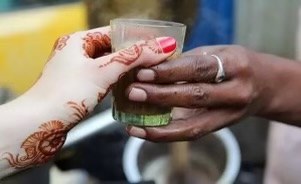
I asked people on Instagram how the word whitewashed makes them feel. These were some of the responses. “Invalidated”, “disappointed and erased”, and “disconnected, especially if someone from my own culture says it to me.” In a conversation with Sasha Holton, a former student at San Ramon Valley High School, she said that she felt the term whitewashed was “more often than not used to strip POC of their individuality,” further adding “like why are we focusing the convo on white people in any sort of way.” Many people agree with this sentiment, like one user stating “I don’t think it’s anyone’s place to criticize other people for how they express their culture.” We now know how this term makes people feel, but why do people call others whitewashed in the first place?
The issue goes past the term whitewashed itself and goes into what white people believe about POC. When a POC doesn’t fit the stereotypes, they’re called whitewashed. This happens because POC are not the norm in the US, and are still considered inferior to white people. As an example, if an Indian person eats American food and dresses more Western then they are considered whitewashed because the expectation of Indians is to eat Indian food and to dress in Indian clothes. This not only further disconnects people from their culture, but also makes them feel less than white people. But this is also called whitewashing. It’s an endless cycle of self-hatred and insecurity.
Okay, so we’ve acknowledged that there is a problem, but how do we fix it? It’s a simple answer: education and empathy. If people were just a little bit nicer and had a little bit more knowledge, this wouldn’t even be a problem. Unfortunately, we live in a world where malicious comments and intentions run amok. Kindness is usually not the default. Even with the education and knowledge of why this term is harmful, it won’t help anyone if people don’t care. So as I end this, I advise you to sit down with someone you know and have open conversations about race. I can write whatever I want in this article and talk forever and ever about how these things have negatively impacted me and other people around me but it won’t help unless you hear it from somebody you care about.

